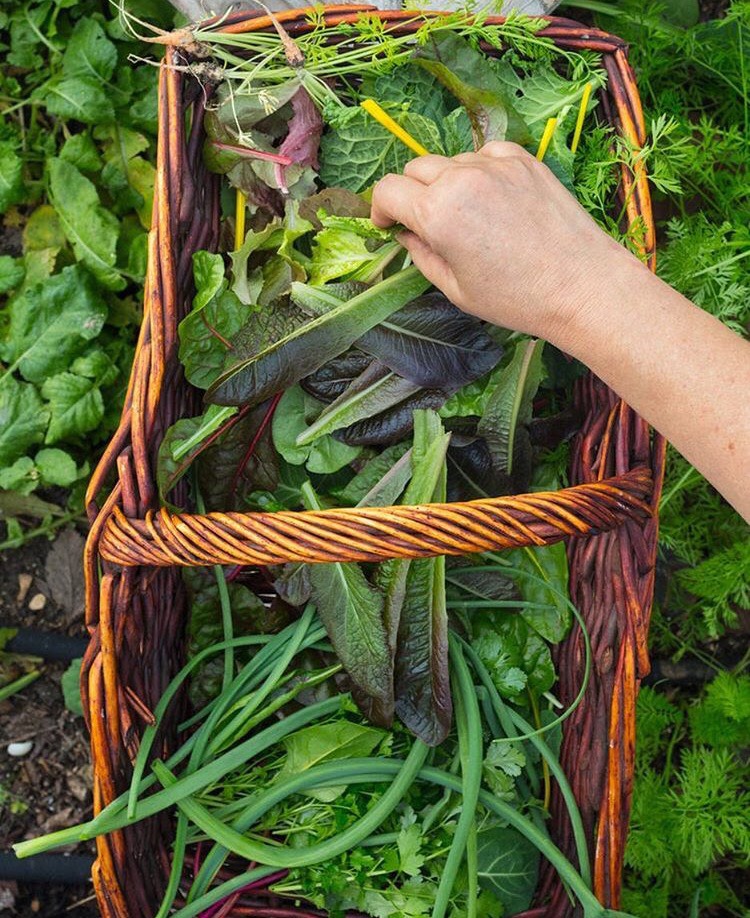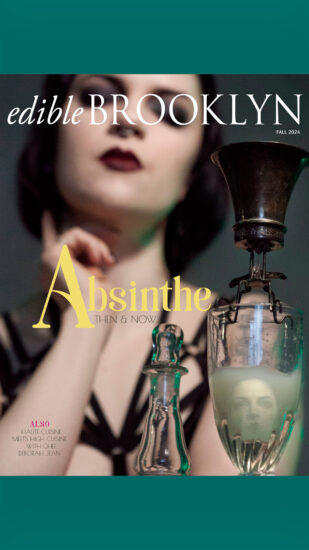https://www.instagram.com/p/BQvBLUeD7kX/
The Times reports on a Sunset Park effort to create safe space for undocumented immigrants around food:
“Every month, members invite undocumented immigrants from the neighborhood into their homes for dinner. With food, wine and child care, living rooms are transformed into havens where immigrants can speak freely with lawyers and advocates about their rights and risks.
Planning sessions for the group, with about 300 members, take place in one member’s rowhouse and in the basement of a co-op in the neighborhood. Participants bring casseroles, desserts and their children.”
A Philadelphia restaurant is turning food waste into meals, writes Civil Eats:
“Cook and Solomonov initially conceived of Rooster Soup Co. as a grab-and-go soup stall, but when they stumbled across the Samson Street space and fell in love, they opted instead to launch a full-blown restaurant, which would also help sustain sales through the warmer months. So while chicken broth-based soups are still the backbone of the concept, the menu also features eggs and biscuits, salads, sandwiches, and daily specials like meatloaf, roast chicken, and steak-frites. As venues go, Cook said, diners align well with the Broad Street Ministry philosophy of inclusivity: ‘Everyone eats there.'”
At Food52, an Indian-American writer asks, “How Indian Is Your ‘Turmeric Latte’?”:
“For the past year, I’ve watched writers, many of them Indian or Indian-American like me, expend a great deal of anger in re-situating the turmeric latte firmly within India. When trend pieces first began noting this drink’s appearance in stateside cafes, they detached it from India, so it fell on writers like us to pick up the slack and reclaim its roots. I’d join in, too, if I had any anger to summon. Everything about this scenario has instructed me I should’ve been outraged.
Instead, I’ve been sitting here staring at this fury unfold with confusion. My roots are in India, too, but this drink is as foreign to me as it was to Gwyneth Paltrow.”
Fast Company explores the proliferation of algae in foods:
“Algae have been floating around in research and development labs for decades, but, until recently, no one could make it taste good or, really, answer questions of what to do with it. Solazyme, a San Francisco Bay Area company, has been growing algae for well over a decade and is still betting big that its oils and powders will be what food manufacturers reach for when reformulating their products for fewer calories, lower fat, and less cholesterol. The company is so sure that it’s on the right path that it has abandoned a significant portion of its original business––biofuels made from algae––refined its focus to humans, pets, and personal-care products and changed its name to TerraVia.”
U.K. supermarket Tesco is trying a new plan to feed bees in the winter, the Guardian reports:
“The waste sugar discarded by Tesco stores in the west country will be used to help feed bees bred and reared by the Bee Improvement Programme for Cornwall (BIPCo). The ideal sugar is basic white granulated; any containing artificial sweetener can be harmful to bees and brown sugar gives the insects dysentery.”



